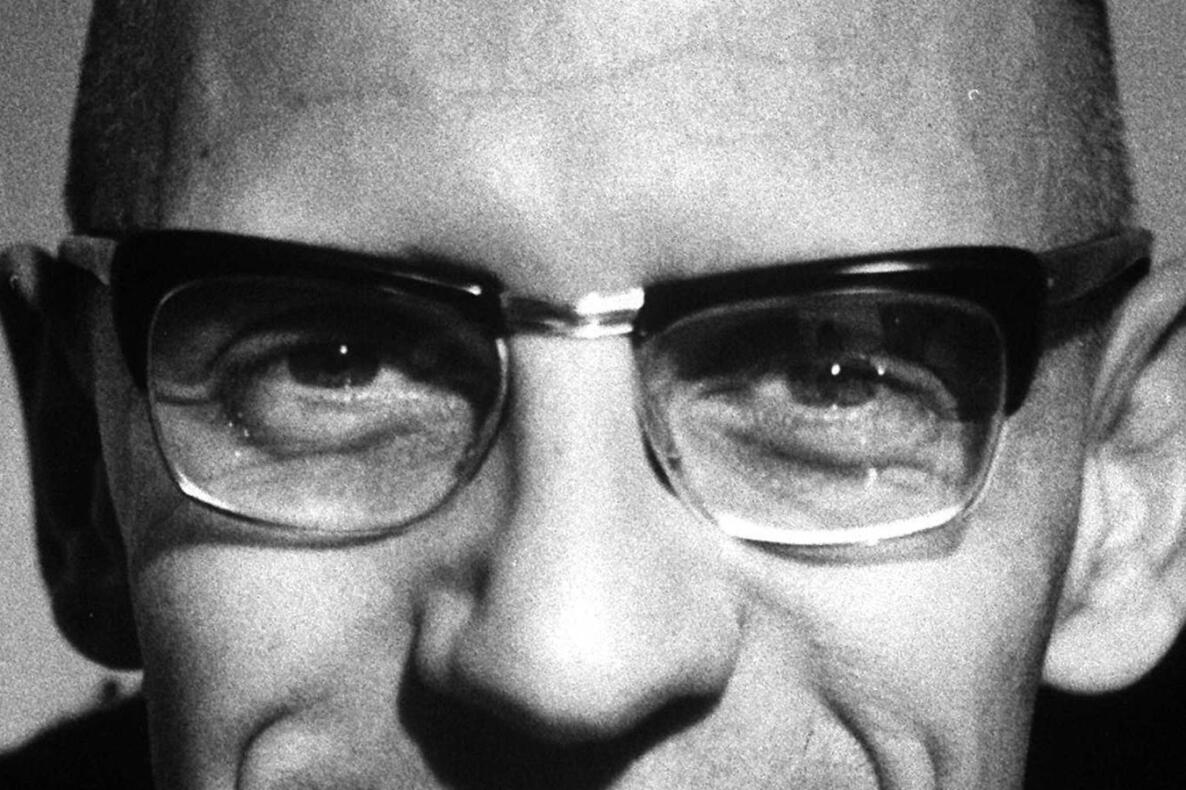These past few weeks I’ve often been asked about the subject which has taken the name of the “Michel Foucault affair” (even though there was no “affair” to speak of), following the delirious accusations of a right-wing essayist and their circulation without investigation (that is, with complicity).
To tell the truth, at first it seemed unhelpful to waste time clarifying even the few points raised. The facts themselves appeared totally whimsical : a notoriously reactionary accuser who was never close to Foucault, dates and details which didn’t match up, the absence of any witnesses, clichés straight from witch hunts (cemeteries at midnight), etc. I thought that journalists would soon investigate the source (What did you see ? When ? What proof can you share ?) and that the story would just as soon collapse.
We see here simillar mechanisms to those at play in the “Guy Hocquenghem affair” : the hatred of May 68 and the left, homophobia, the instrumentalization of childhood and the accusation of “pedophilia”, the obsession with a deviant intelligentsia and the “freemasons of vice”, etc. Although here it goes further : the accusations play an additional role, serving as a denunciation of Foucault’s thought more generally while at the same time his thought itself becomes proof, the means of corroborating the accusations, however grotesque they are.
The positions Foucault took are readily available, in particular in his interview with Guy Hocquenghem and Jean Danet titled “Sexual Morality and the Law” (though the published version, first in the journal Recherches and then in Foucault’s Dits et écrits, commits errors of attribution in relation to the audio interview that was broadcast — but these are minimal and don’t affect the general sense of the discussion) : they discuss the social and legal structures governing sexuality, consent and the difficulties of assessing it, the word of children, and the late 1970s topic of the problems of sexual rights. They also address psychiatry and psychoanalysis, the creation of “monsters :” individuals who are no longer viewed through their acts or behaviors but defined by a monstrous essence.
You can also read his published lectures at the Collège de France from 1974-5, Abnormal (which influenced The History of Sexuality, Vol. I in numerous aspects), to gauge Foucault’s interest in childhood : it is one of the places where disciplinary power deploys ; parents, doctors and educators were all obsessed with the child’s sexuality. Foucault explains, for…
La suite est à lire sur: lundi.am
Auteur: lundimatin

